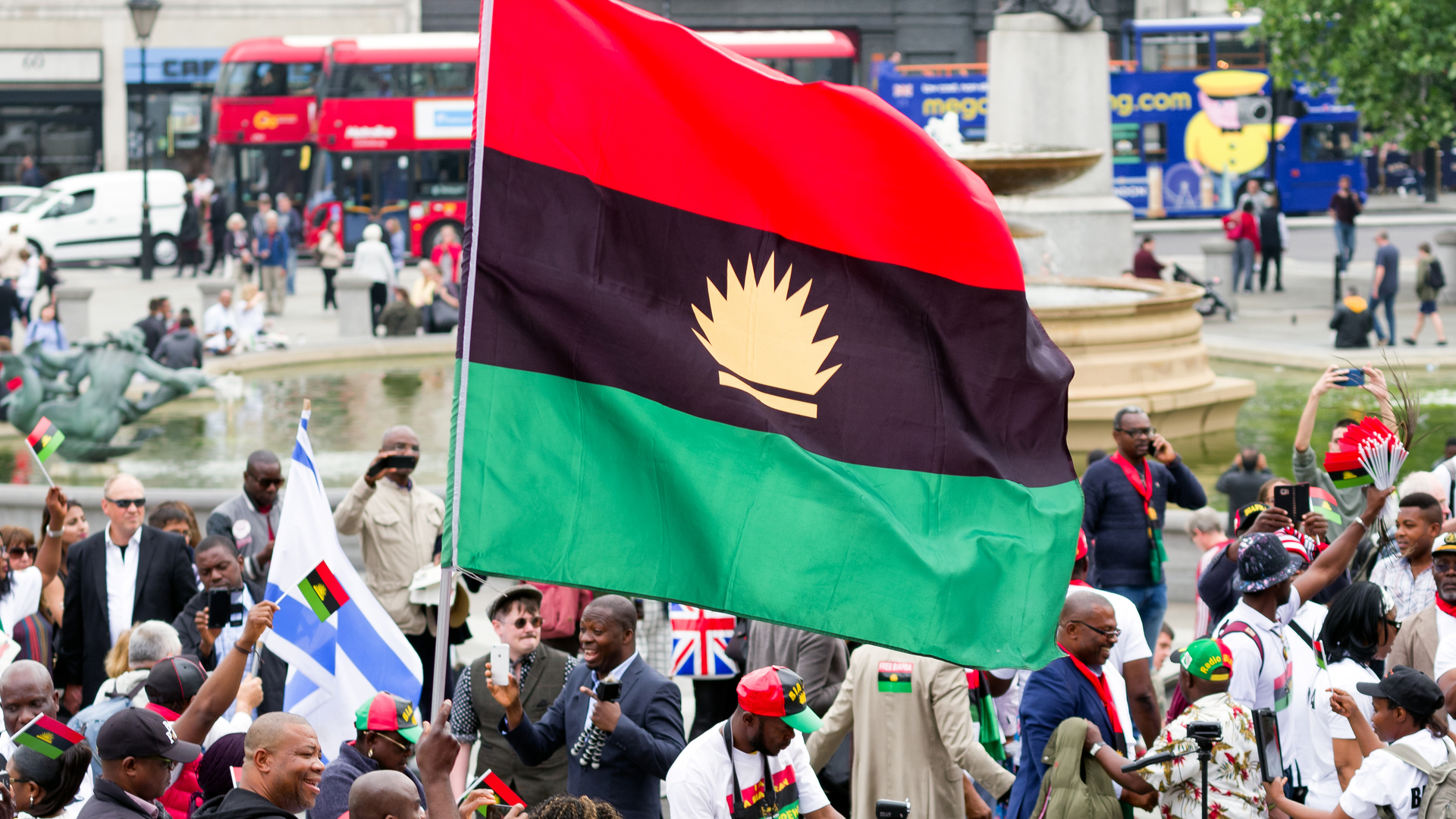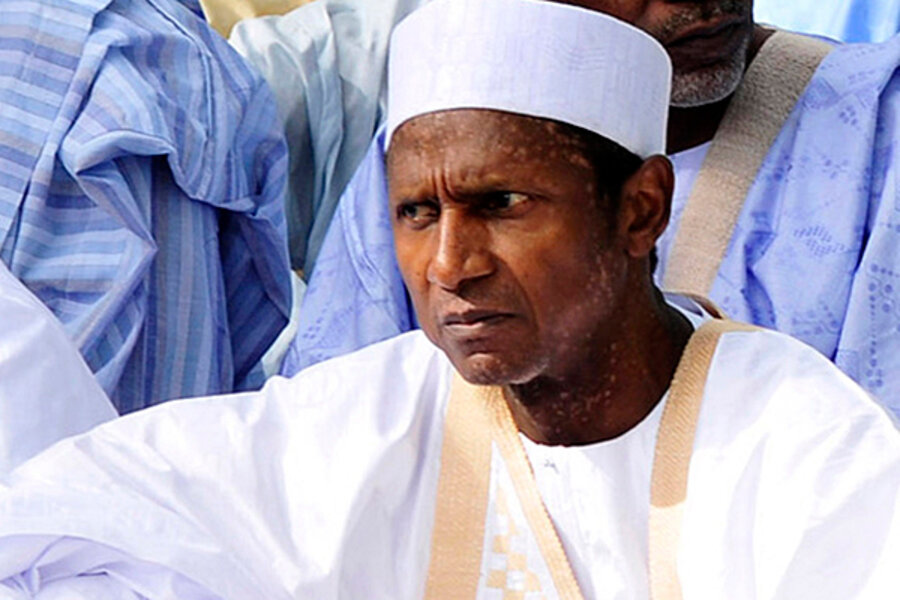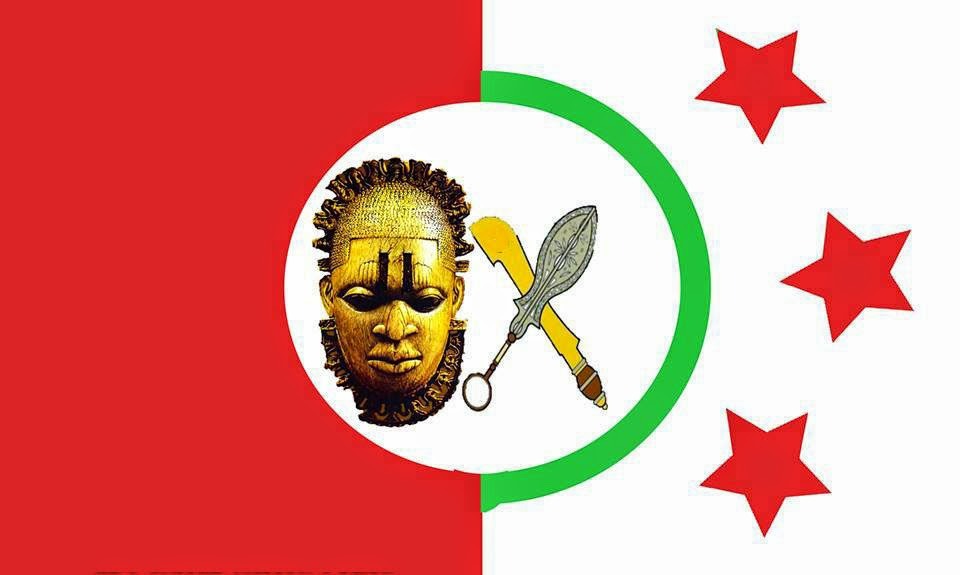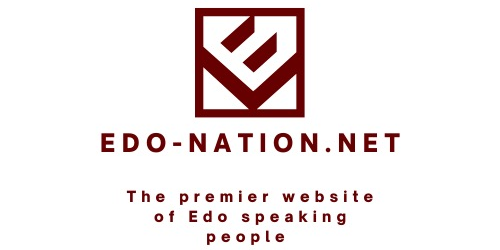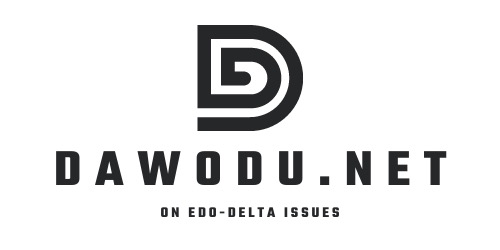culled from VANGUARD, October 10, 2006
It was clear to any discerning observer that Mallam Nuhu Ribadu's performance, almost a burlesque, on the floor of the Senate on Wednesday 27 September 2006 was bound to cause confusion in the nation. The reason is simple. The English language has suffered an unconscious vernacularization in this country. Words no longer have their original meaning in Nigeria. I had occasion in 1999 to caution at a seminar at the International Press Centre, Ikeja, that we are likely to add to our political problems if we do not educate ourselves about the nuances and vocabularies of presidential democracy. At that time, what was in vogue was impeachment. And somehow, the media had turned the word on its head to mean removal from office.
Even as I write, impeachment still means removal from office to many Nigerians, including the seemingly well educated! Just as I have cried myself hoarse that it is bad grammar to say "Mr. President" unless you are addressing him face to face! But the sycophantic brood in the corridors of power has clung to it because it believes it shows respect to the President, even when he is hundreds of miles away. "I told Mr. President" is the equivalent of "I told Your Excellency"! So the whole EFCC chairman's report to the senate was riddled with lexical imprecision. What do I mean?
When the EFCC chairman addressed the senate, it was not clear whether the figures he was reeling out were those of Governors who had petitioned against them, those under investigation, those already indicted or those convicted as charged. I think all these were either lumped together or juxtaposed. And in this mix-up, the troublesome word was "indicted". How did Nuhu Ribadu deploy this word? Did he use it to mean those fully investigated and charges brought against them or did he lead Nigerians to believe that it meant those found guilty? For verily, verily, I say unto you that the word "indict" means to charge with a crime formally or in writing (Chambers Twentieth Century Dictionary). So were 31 Governors charged or were they merely under investigation? Even if we say 31 Governors were "indicted" because the term sounds more fashionable, did it automatically mean that they were guilty as charged? Was it the place of the EFCC to pronounce those charged guilty? I think not, because it is not in accord with the rule of law. But in many states where the Governor is a "bad man" to the opposition, they even took the fact that EFCC was investigating some petitions against the government as evidence of guilt.
The first and the most important person to spot this mix up in Ribadu's presentation to the senate was the President (not Mr. President, you hear?). At the PDP National Executive Committee meeting of the following day, President Obasanjo said that alarmed by the report, he sought clarification from Mallam Ribadu and was told that only three Governors were indicted, that is, charged with a crime! We do not know who the Governors are, and we do not know if they will be convicted of the crimes they were charged with. But as my people say, if you call a person a thief in a full market, and later, when the market is empty, you reverse yourself and declare the person innocent, who will tell the others that the poor soul was after all innocent? That was why there have been strident protests from many Governors. In many states, especially in Enugu, the drums were rolled out and people were already celebrating. I got a text message from one Nonso who was obviously giddy with joy. But, as I do whenever people accuse Gen. Buhari of corruption in the Petroleum Trust Fund (petrol money is too oily, it seems) I wait until they bring evidence. If petitioners believe that an investigation into their petitions suggests guilt, did they expect the EFCC not to investigate them? And how many people have actually READ the report?
I have since read many of the rejoinders from states to the Ribadu report and I find the responses from Enugu State very instructive. Remember, when this whole thing started, the Governor, Dr. Chimaraoke Nnamani, publicly stated that he was ready to waive his immunity to facilitate EFCC's investigations. That was a weighty challenge (or gamble) lost to a lot of people, especially the petitioners. And picking through the report and the response by Enugu State government, the contentious issue borders on opinion.
The EFCC experts said projects executed in Enugu state should cost N2.4 billion less than the N30 billion they cost. Now, this is a matter of assessment, which is the opinion of the assessor. If, however, it is true as claimed by the government, that what EFCC expert engineers inspected were 70 per cent of the projects, the questions they ought to be, what is the cost of the remaining 30 percent? Until this gap is reconciled, Enugu state government is right to dismiss the report as hasty. But even then, was it established that the Governor "chopped" the N2.4 billion? We do not know. And if we recall that the edge drums in Enugu insisted that the Governor had embezzled over N50 billion, we can understand why the Governor regards the EFCC report as a vindication of his government. And many people rightly think so too! The other question was the matter of relations of the Governor doing business in Enugu or with Enugu state government or having interests in some business that are based in Enugu.
In interviews with the press, the Governor confronted this issue headlong, in a manner that showed that EFCC could very well be useful as a national audit agency. Indeed we should see what the EFCC is doing as pointing to the collapse of external audits in the public sector. Governor Nnamani conceded that it posed an ethical dilemma whether his relations should do business with his government especially if it was in the same term others would have done the same business. But I am inclined not to bother with the Governor's submission on the matter because veteran columnist Chief Duro Onabule has in many writings insisted that there was nothing ethically wrong with Obasanjo's son doing business with the Federal Government just because his father is the President. Of course, many will disagree with this position in view of the ethical dilemma it poses. In trying to deal with this ethical penumbra, the question to ask is, does it pose the same ethical dilemma if the Governor's relation does business with a Federal agency or another state government on the strength of a letter of introduction from the Governor? The issue at stake here really is influence. What Duro Onabule seems to be saying is that if a Nigerian can do business with a Governor or the President, why not a Governor's, or President's relation, provided it is on a level term?
The jury is still out on this.
And reading through the interview of Governor Nnamani, he seems to think that the EFCC report is not something to be regarded as completely negative, but something positive, if it can help us resolve some of these ethical and procedural issues. This positive approach to the EFCC report and scholarly response to it once more put Nnamani a notch above others who were simply too hasty to denounce EFCC in an attempt to prove their innocence. Whether we like it or not, EFCC is an integral part of our national development. That is why politicians must not turn it into an organ of witch-hunt or a substitute for their manifesto. That could discredit the EFCC, and once discredited, it cannot serve any useful purpose. And Nuhu Ribadu must be wary whenever he is called upon to play hatchet man for desperate politicians. His assignment is too serious and sensitive to lend itself to a tasteless burlesque.




